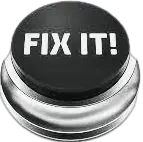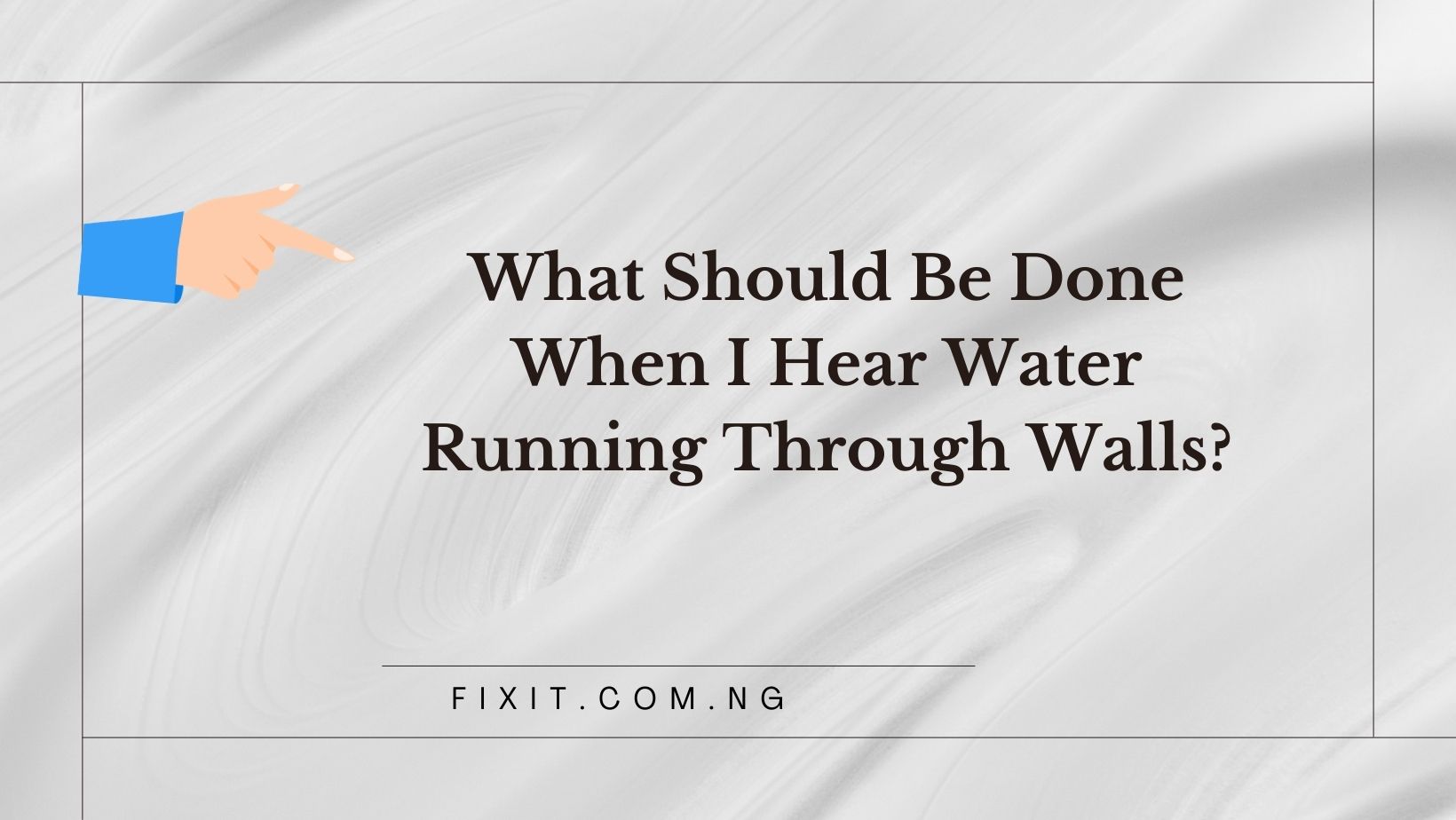Troubleshooting will allow you to discover why water is seeping through your walls.
Start by making sure nobody else in the room is using water, then try closing off your water meter valve before going to sleep.
Water in the walls is often an indicator of an urgent situation that needs immediate resolution. Mold and water damage often manifest themselves through musty smells, discolorations and increased water bills as telltale indicators of damage.
Check for Leaks.
If you hear water running without any obvious source, but can find no leak, it could be coming from city water lines and not your house pipes. To verify this theory, go outside and inspect your water meter; if the red dial displays anything significant move it and observe if the sound stops (this test works best when all is quiet).
Water pipes dripping in walls is another source of plumbing noise in older houses, typically caused by their normal expansion and contraction as copper heats up and cools off; usually this kind of noise subsides once they cool off on its own; otherwise encasing pipework with insulation or boxing it in with drywall may provide a simple fix.
Other common sounds from plumbing include squealing and whistling. This could be caused by pipes moving against drywall or wooden joists inside your walls due to either overheated piping expanding excessively, or too loose piping which requires padding with insulation; professional plumbers typically address such areas by adding padding as an effective measure against such noises. It could also be the result of an ailing water pressure valve.
Check for water damage.
An alarming sound of water running through walls should not necessarily signal any plumbing issue; first make sure no power sources are active in the room where you hear this sound, and check your water meter to ensure it is not moving.
Knocking or banging noises coming from pipes should not be taken too seriously; they’re simply known in industry parlance as water hammer and typically occur when an individual’s home’s plumbing suddenly shuts off abruptly causing running water to rush back through and strike against your pipes causing shock absorption mechanisms, like air chambers, to be installed to mitigate these noises. Older homes where drainpipes are exposed in basement ceilings without shock-absorber features often experience this issue as it occurs due to sudden stoppage of running water against existing shock absorbers not having shock-absorbers such as air chambers in place for instance can experience water hammer as this issue occurs when an unexpected water valve sudden shutoff causes running water to colliding against your pipes causing shock absorption occurring immediately from running.
leaks accompanied by wall discoloration or musty smell are telltale signs of water damage, so it’s wise to regularly check cupboards, closets and wardrobes for dampness or mold growth. If the sound cannot be located by yourself, contact a professional to conduct a plumbing inspection; home inspectors also perform thermal imaging to locate leaks inside walls which they then refer you to a professional master plumber for repairs.
Check for mold.
Water leaking through walls can cause mold growth to start sprouting within them and potentially pose health issues to you and your family. To detect mold growth signs in your home, examine where sounds are coming from: look out for damp spots on the walls, discoloration or musty odors as these could indicate leaks that need fixing immediately.
Additionally, when hearing water running through walls, you should also inspect the ceiling and floors below where leaks have taken place. Leaks can cause water to travel through drywall and soak through, eventually reaching floorboards and ceiling below and leading to mold growth or significant water damage – so it is crucial that leaks are discovered quickly before significant mold growth or water damage takes place – leaving this unchecked can quickly lead to costly repair bills and cause significant structural damage that will affect walls, wood surfaces, insulation as well as cause an increase in repair bill cost in rental agreements as well as alter rental agreements – so make sure all necessary details with landlord.
Call a plumber.
Sounds of water running through walls may be alarming if they come from unexpected sources, yet not all sounds are dangerous or indicative of leakage. One common reason why water noises come through walls is because your plumbing system needs attention or cleaning out; specifically checking that pressure valves are working as intended or replacing any that aren’t with new ones being installed as necessary.
Another cause of sound can come from loose pipes rattling. In such instances, it may be wise to hire a plumber as these loose pipes could strike against walls or wooden studs creating annoying sounds; alternatively they may fall off which requires professional assistance to correct.
One source of water noises includes whistling and squealing from copper pipes as they expand with heat then contract when cold water passes through, leading to rattled against walls or wooden joists in walls, which home inspectors frequently advise padding with insulation to decrease noise level.
Sounds coming from your pipes can often be caused by “water hammer.” This occurs when pipes come together and knock loudly against each other, creating loud and disruptive banging sounds. This may be caused by loose fittings or sediment build-up in your water heater – and requires immediate action by a plumber before further damage occurs.

